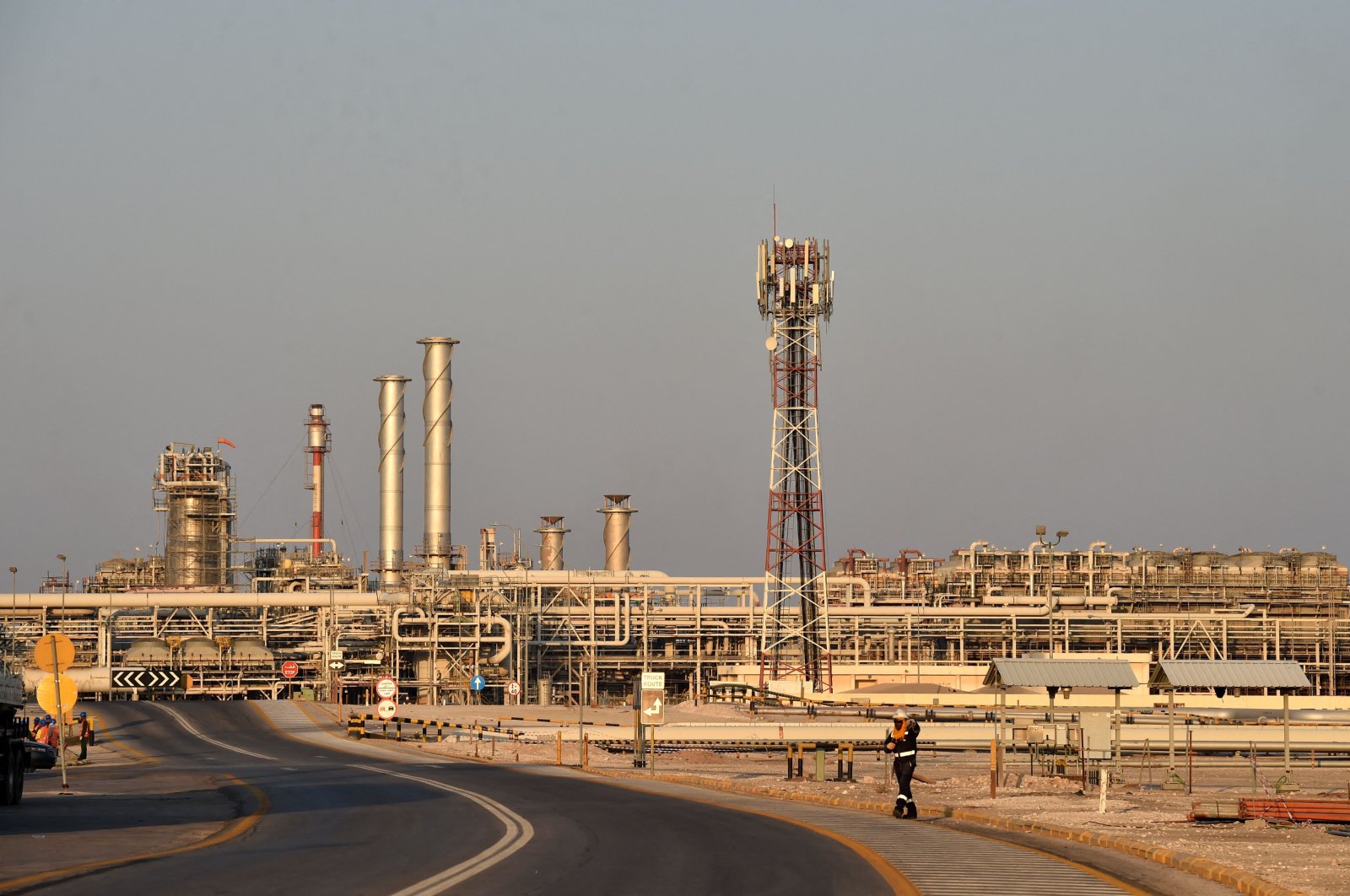
Bahrain's oil minister said on Sunday that the OPEC+ decision to cut oil output by 2 million barrels per day was taken unanimously and after a thorough technical study of global market conditions and developments, state news agency (BNA) reported.
Some of the member states on Sunday made similar remarks to back the decision.
Member states are keen to take decisions that aim to stabilize oil markets, and the group will study any economic developments to ensure the stability of global markets and supplies, and the balance between the interests of producers and consumers, the minister added.
Oman's energy ministry also said on Sunday that OPEC+ decisions are based on purely economic considerations, realities of supply and demand in the market.
The OPEC+ output cut decision was important and necessary to reassure the market and support stability, the ministry added.
Algeria's energy minister, meanwhile said OPEC's latest decision to cut output was "historic" and aims to stabilize markets, Ennahar TV reported on Sunday.
Energy Minister Mohamed Arkab and OPEC Secretary General Haitham Al Ghais expressed their full confidence in the organization’s decision, according to the report.
Al Ghais said on Sunday that "oil markets are going through a stage of great fluctuations" during his two-day visit to Algiers.
The secretary general added that the goal of OPEC and producers outside the organization is to maintain market stability.
OPEC+, the producer group comprising OPEC plus allies including Russia, last week announced a cut of 2 million barrels per day to its production target after weeks of lobbying by U.S. officials against such a move.
The move came even though fuel markets remain tight, with inventories in major economies at lower levels than when OPEC cut output in the past.
U.S. President Joe Biden pledged earlier that "there will be consequences" for U.S. relations with Saudi Arabia after OPEC+'s move.
The back-and-forth between the U.S. and Saudi Arabia has added to what has already been a frosty period of relations for the two countries, who have had an energy-for-security alliance for decades.
Saudi Arabia earlier rejected as "not based on facts" criticism of the OPEC+ alliance's oil output cut despite U.S. objections and said that Washington's request to delay the cut by a month would have had negative economic consequences.
The White House pushed back against that, saying it presented the Saudis with an analysis that showed the cuts could hurt the world economy and alleging the Saudis pressured other OPEC members on a vote.
